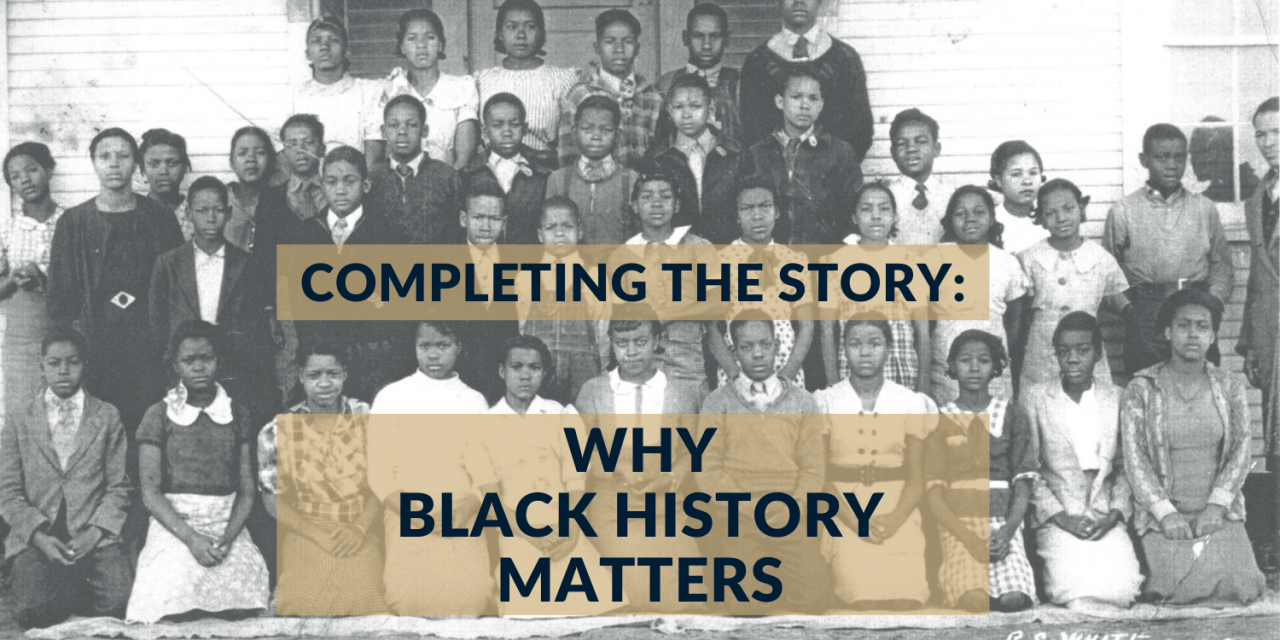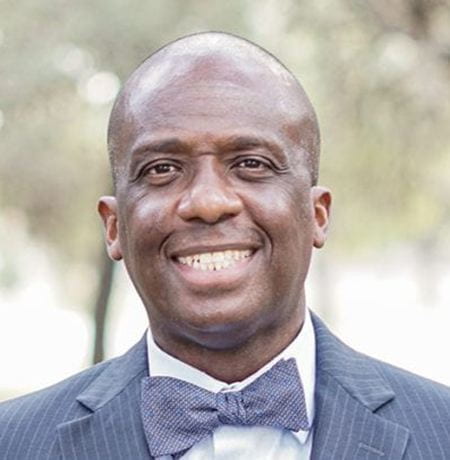On February 7, 1926, Carter G. Woodson inaugurated Negro History Week. The week’s primary focus was to underscore contributions of African Americans in the United States (U.S.) in a more intentional and scholarly fashion to enhance the pride of African Americans and, simultaneously, improve race relations. Ninety-five years have passed since that first Negro History Week; and, a great many changes have affected our nation and the world. The need to acknowledge and celebrate African American history is just as important today as in 1926. African American history IS U.S. history.
During the American Revolution, 5,000 African Americans fought in the conflict. The exploits of Crispus Attucks are well known during the Boston Massacre, but lesser-known are the actions of Salem Poor, Phyllis Wheatley, James Armistead, and Captain Mark Starlin. These were African American patriots who fought for the ideals of freedom and liberty at a time when they were not considered to be worthy of either. How would the narrative around the Revolution change if it were more complete? Moreover, how would the view of African Americans change? How would African Americans see themselves in relation to this nation and their place at the table of citizenry? African American history can help to answer these questions and build stronger racial and societal bonds. African American history is the history of America.
In World War II, over 1 million African Americans served in the global conflict against fascism and racism. Individuals, such as Benjamin O’ Davis, Jr., Dorie Miller, Charity Adams, and Mabel Keaton Staupers, were determined to defeat racism abroad and here at home. They fought to integrate the U.S. military so that African Americans could serve in roles other than support or in segregated units. African American patriots believed in a nation that struggled to believe in them. World War II is referred to as the last good war, one in which all pulled together to defeat a common monstrous enemy. That is part of the narrative; however, it also includes black men lynched in uniform and blood supplies segregated along racial lines. The Greatest Generation includes all Americans who grew up during the Great Depression and fought in World War II or worked to help win the war. Presenting history in a balanced and holistic fashion allows more people to be a part of the narrative.
As we celebrate Black History Month in 2021, let us benefit from the perspective that history can bring. We are not yet the nation that we seek to become, but we are also not the nation we once were. Our history is replete with examples of ordinary individuals making extraordinary efforts to move the nation towards racial equality. Jesse L. Brown was emblematic of this when, in 1948, he became the nation’s first naval aviator. Two years later, while flying combat missions over Korea, he was shot down. His wingman, Thomas Hudner, seeing his fellow compatriot pinned in the wreckage of his plane, made the unfathomable decision to crash his plane to be with Ensign Brown. Ensign Brown did not survive, but the spirit of that December day, back in 1950, still serves as a beacon for racial unity and equality. It is stories like this that complete our history and provide a place for all to be all.
This is why we celebrate Black History Month.
DeWayne Street
Chief Equity Officer
Find books on Black History in our campus Libraries.
Learn how Black History Matters in our community by visiting the Round Rock ISD History website.
* Photo of Hopewell School students in grades 4, 5, 6 & 7 taken during the 1936-1937 school year. R.S. White (shown far right) was the principal. Wille Mercer (shown middle row, far left) was the teacher.


